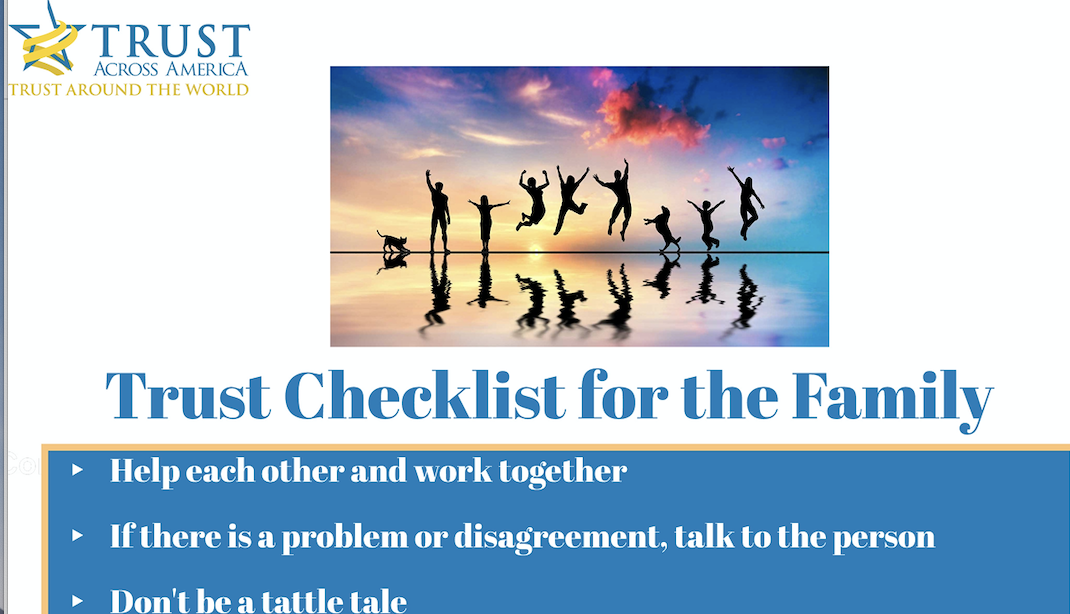 Are you building a family foundation of trust? Have you taught your kids about trust? If you are like most parents, the answer is “No.” Yet the family is where trust training begins.
Are you building a family foundation of trust? Have you taught your kids about trust? If you are like most parents, the answer is “No.” Yet the family is where trust training begins.
You might say “Trust cannot be taught. It’s something we take for granted, always assuming it is present.” In reality, trust is a learned competence. As Stephen M.R. Covey reminds us ,”It is something that you can get good at, something you can measure and improve, something for which you can “move the needle.”
Sadly, mistrust is also a learned behavior.
An infant’s psychosocial development begins with the trust versus mistrust stage according to psychologist Erik Erikson’s theory. Beginning at birth and lasting until your child is around 18 months old, it is the most important period of your child’s life, as it shapes their view of the world as well as their overall personality.
Children raised by consistently unreliable, unpredictable parents who fail to meet these basic needs eventually develop an overall sense of mistrust. Murphy G, Peters K, Wilkes L, Jackson D. Childhood parental mental illness: Living with fear and mistrust.
Mistrust can cause children to become fearful, confused, and anxious, all of which make it difficult to form healthy relationships. This, in turn, can lead to poor social support, isolation, and loneliness.
Think about the trust impact on your kids when they hear you say the following at home:
- Children should be seen and not heard
- Stop crying or I’ll give you something to cry about
- Can’t you ever do anything right?
- Why can’t you be more like________?
- Do as I say, not as I do.
And these trust-busting words are just the tip of the iceberg. How about children learning trust/mistrust by example?
- Are you disrespectful to your spouse in the presence of your kids?
- Do you make yourself physically and emotionally available when family members and friends need you?
- Do you keep your word and your promises?
- Do you tell the truth?
- Do you act like a bully or insist on winning at all costs?
- Do you take the time to listen?
As children grow older, trust is further eroded in school when teachers abuse their power through verbal humiliation, yelling, and even bullying. And certainly on the ball fields by coaches who exhibit abusive and mistrustful behavior towards their athletes to attempt to ensure the “win.” Even your children’s friends can be a source of early lessons in trust and mistrust depending on their own family values and home environment. Whether you are a parent, a teacher or a coach, as Warren Bennis put it, “Leadership without mutual trust is a contradiction in terms.”
Have I convinced you that trust is a learned competence?
If asked today, what would your children say about your family’s values? Is trust one of them? The window of opportunity to teach you kids about trust closes quickly. Take the opportunity while you still can. If you are looking for a list of trust building behaviors, you may find this to be a good starting place.
Barbara Brooks Kimmel is an author, speaker, product developer and global subject matter expert on trust and trustworthiness. Founder of Trust Across America-Trust Around the World she is author of the award-winning Trust Inc., Strategies for Building Your Company’s Most Valuable Asset, Trust Inc., 52 Weeks of Activities and Inspirations for Building Workplace Trust and Trust Inc., a Guide for Boards & C-Suites. She majored in International Affairs (Lafayette College), and has an MBA (Baruch- City University of NY). Her expertise on trust has been cited in Harvard Business Review, Investor’s Business Daily, Thomson Reuters, BBC Radio, The Conference Board, Global Finance Magazine, Bank Director and Forbes, among others.
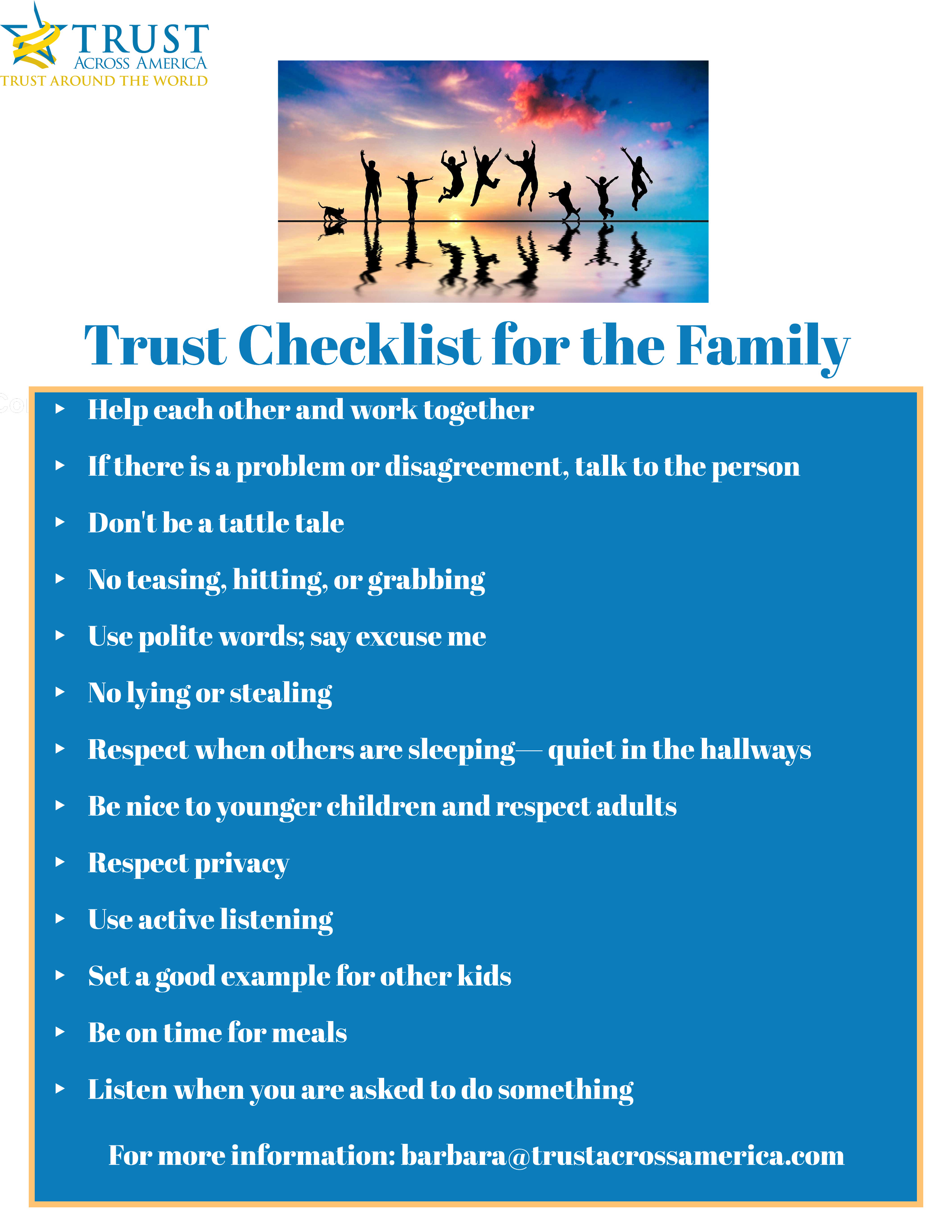
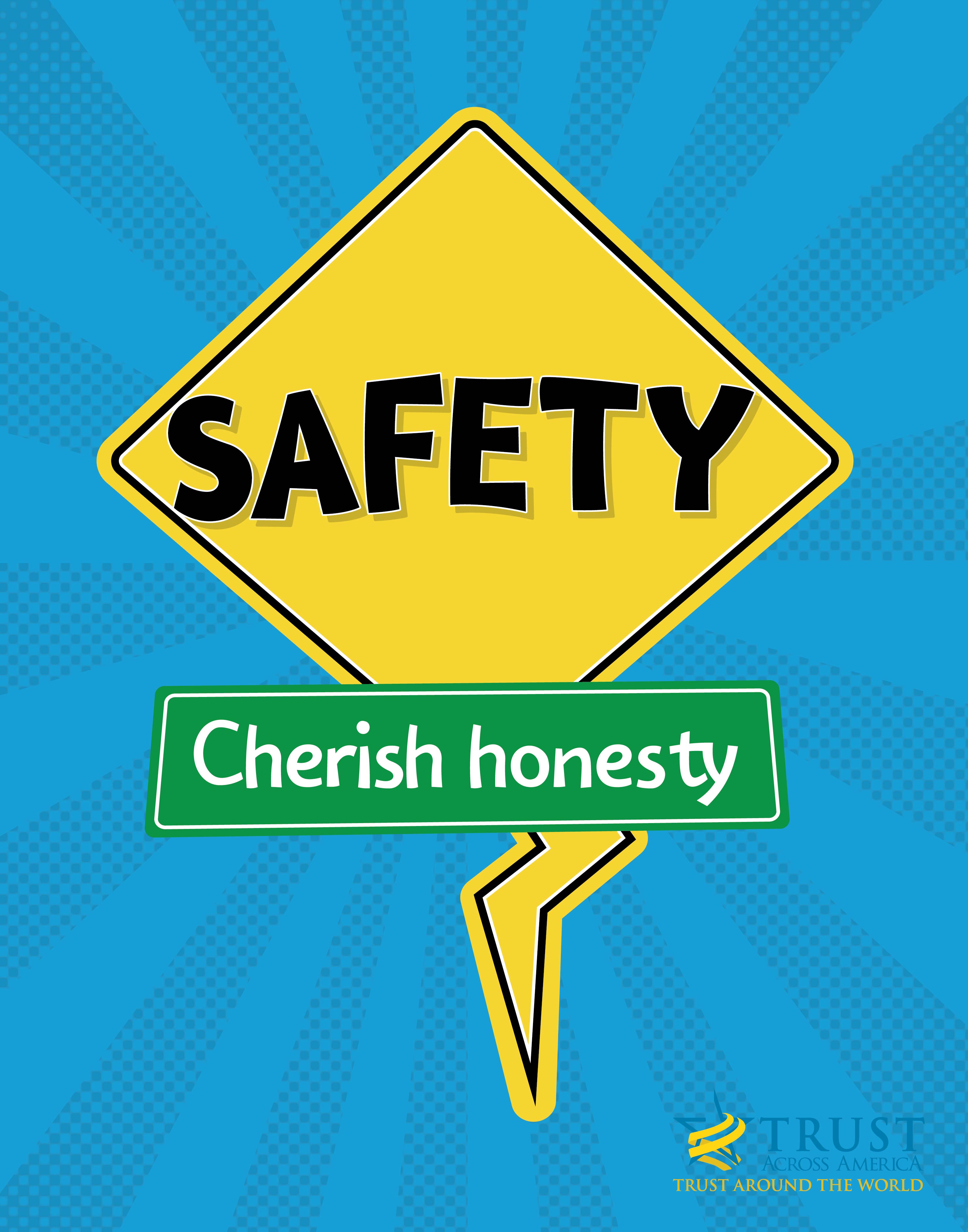
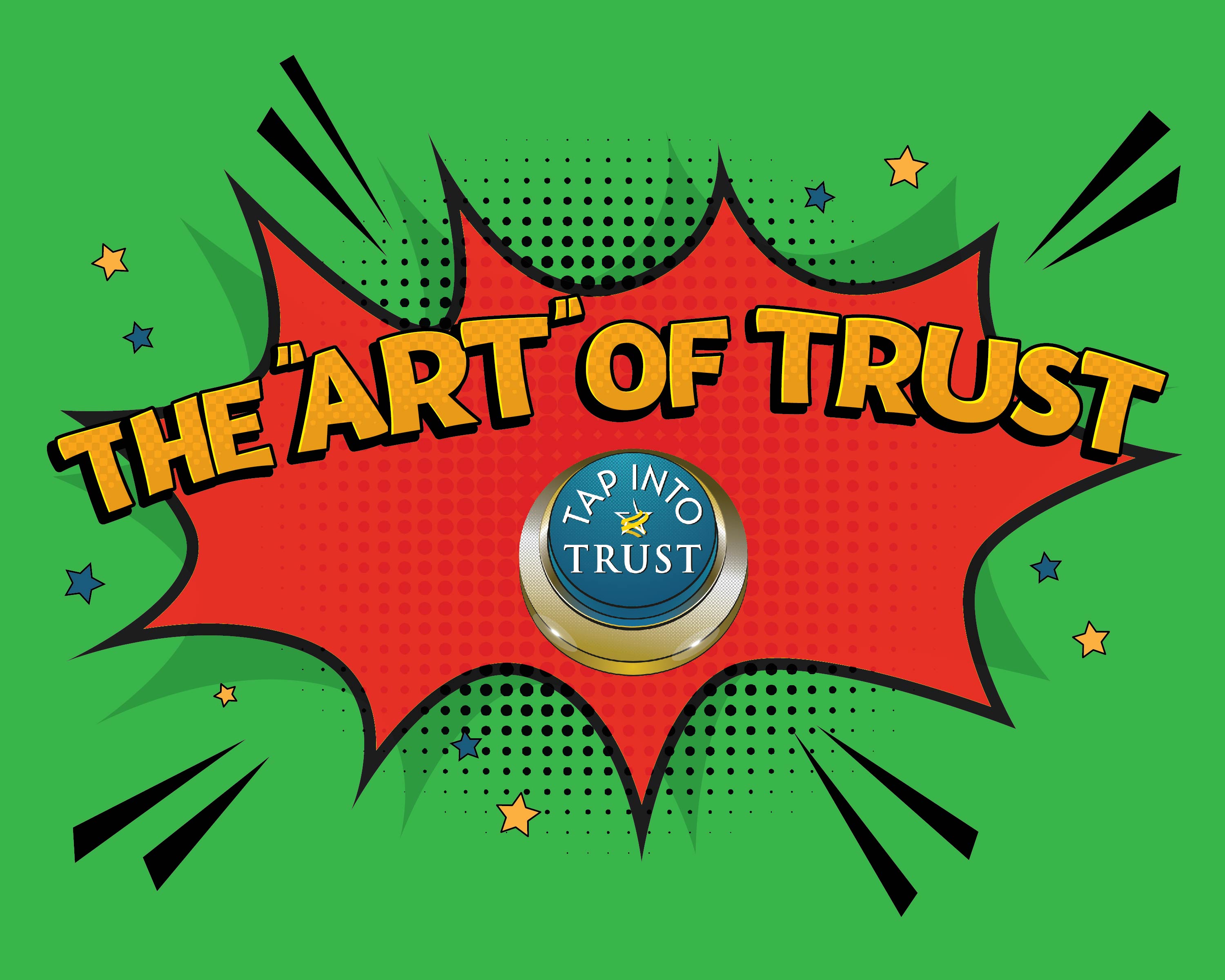
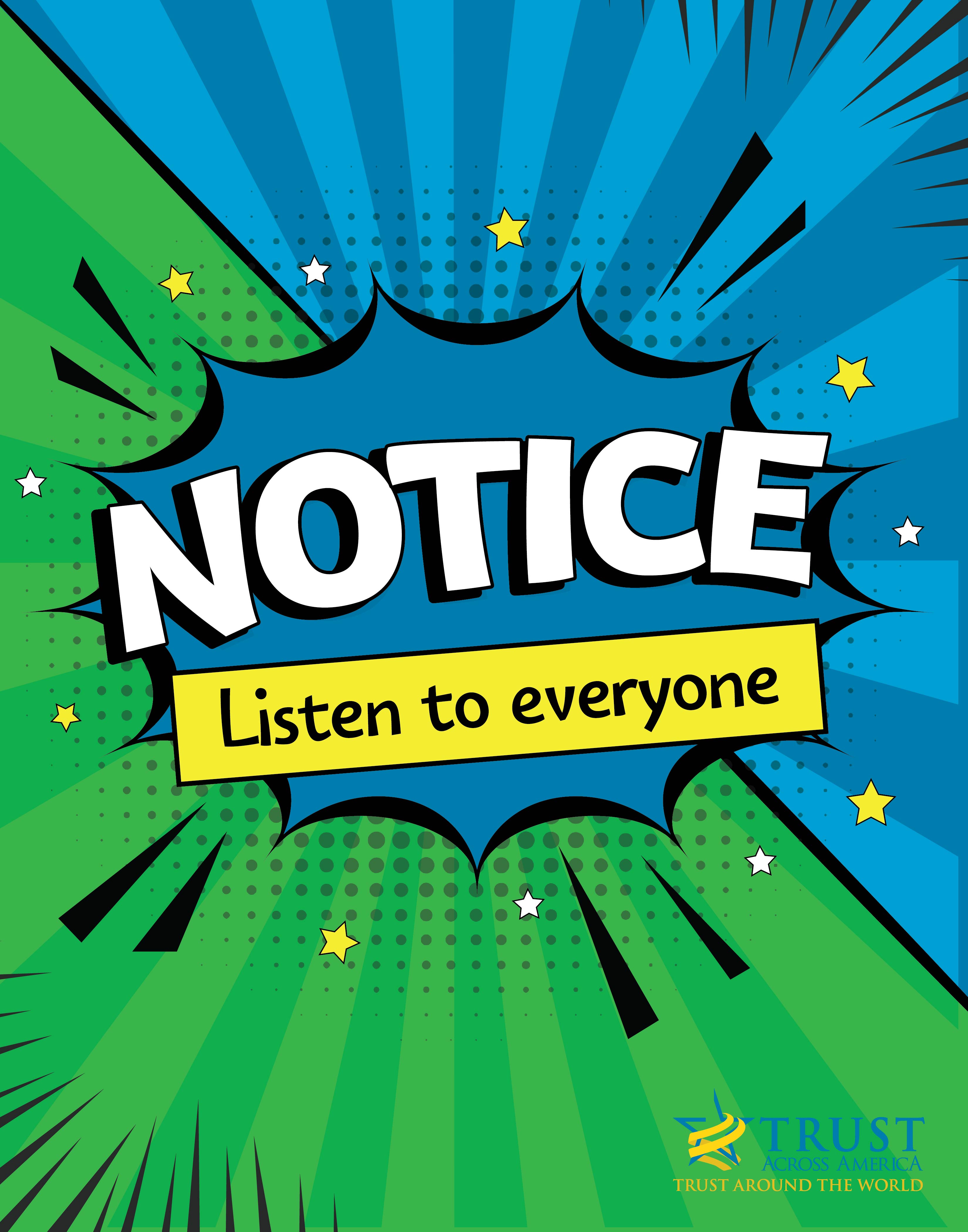
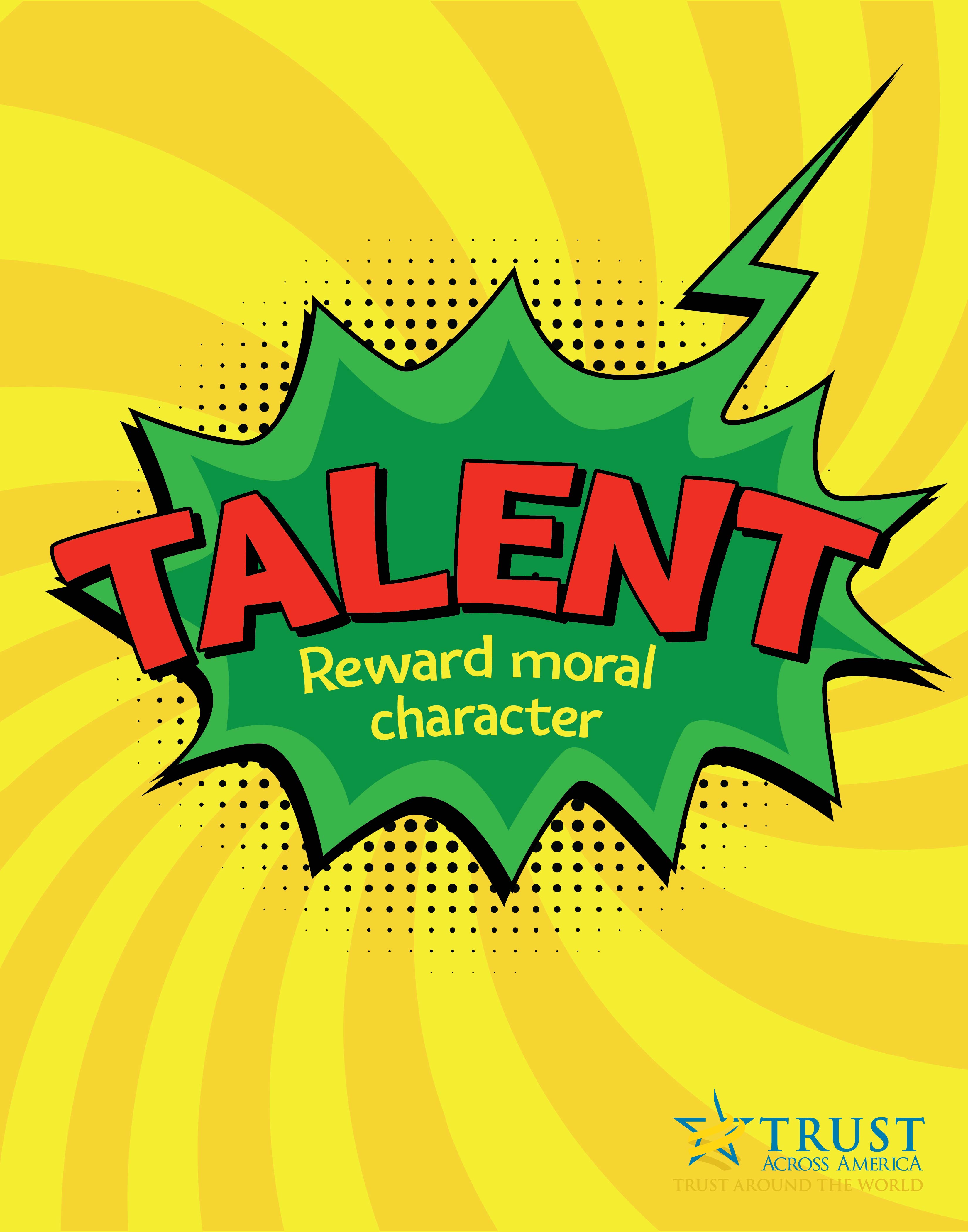
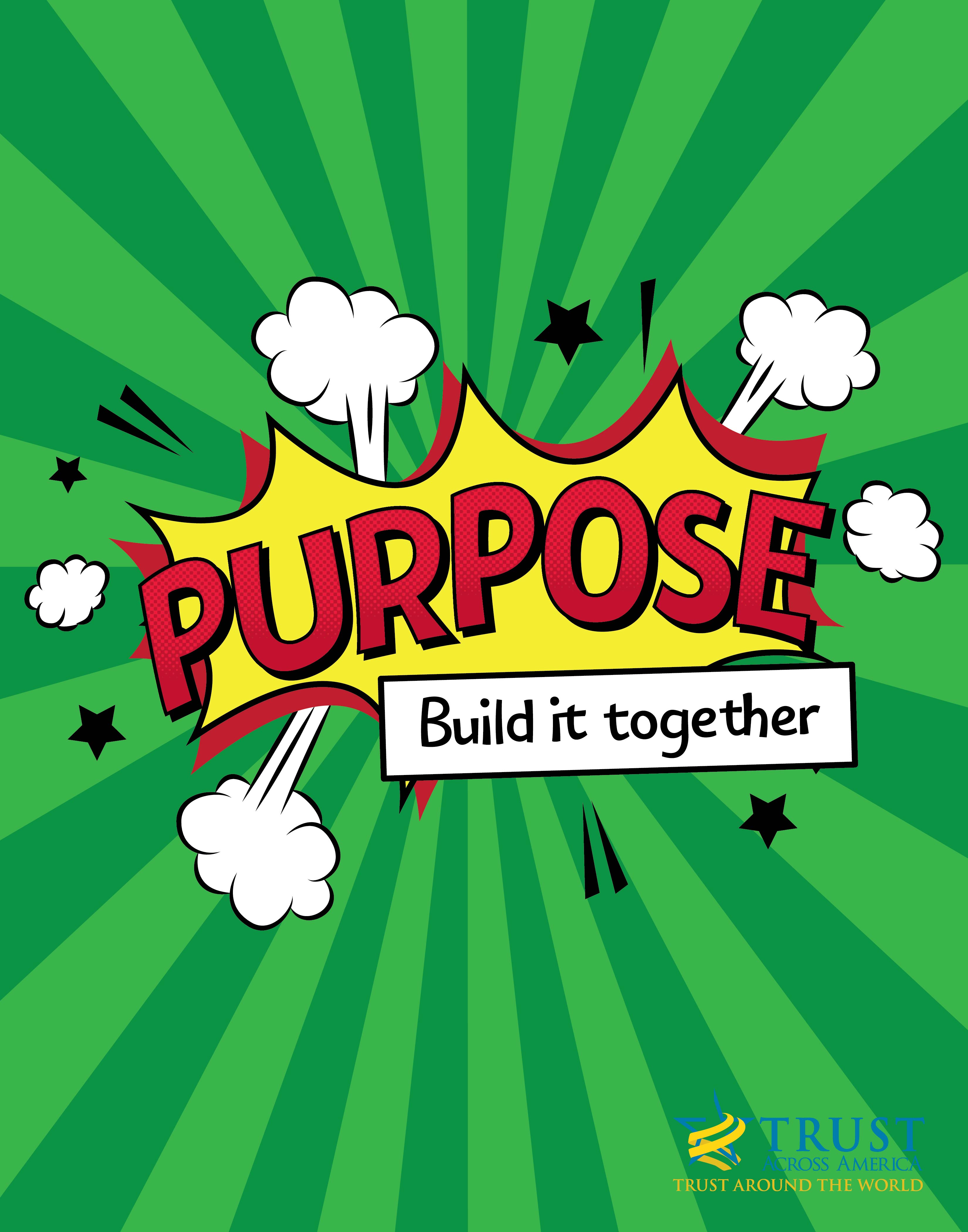

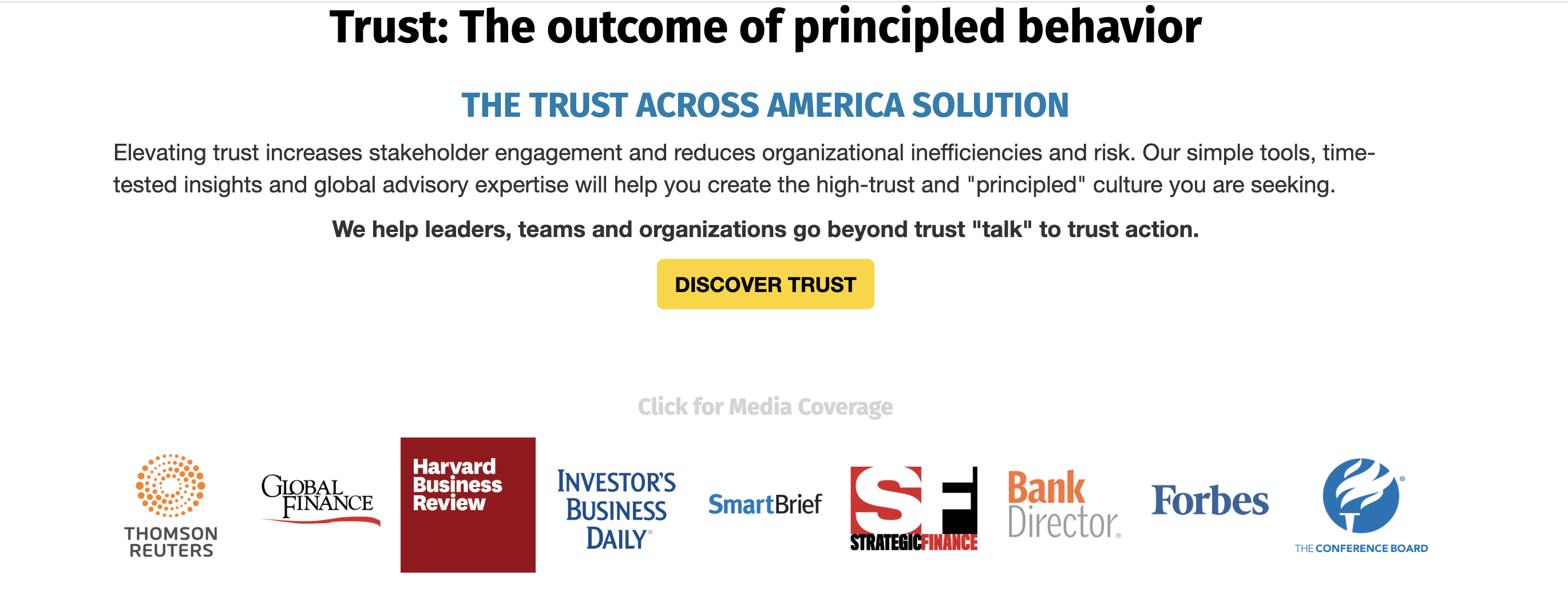
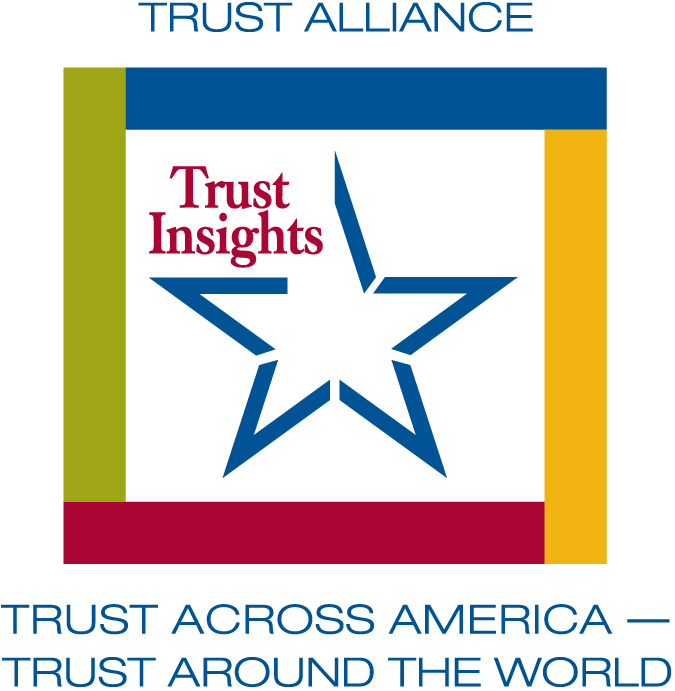
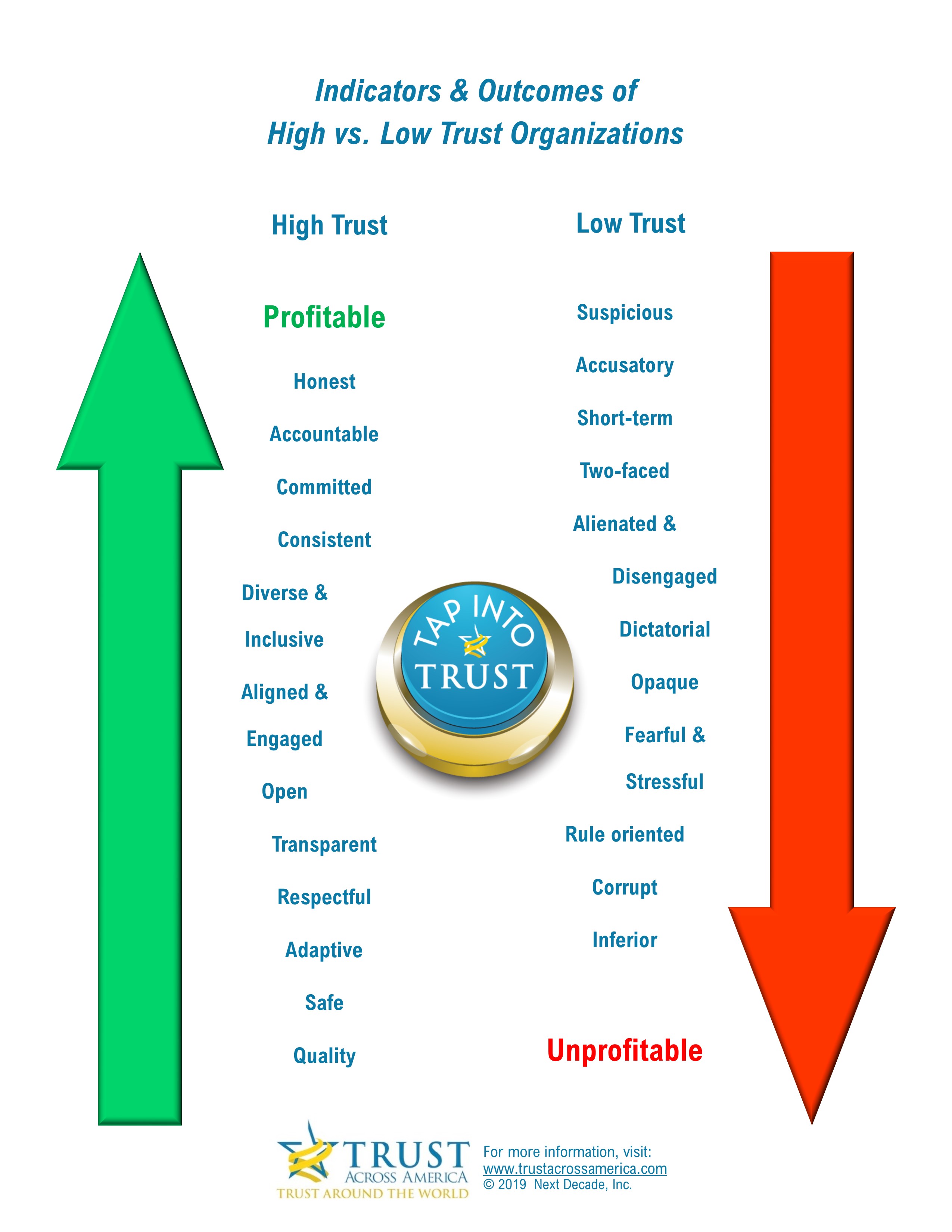

Recent Comments